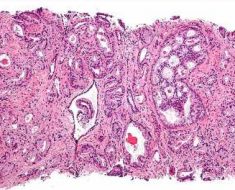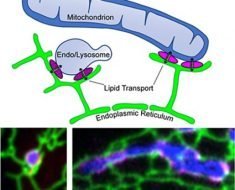
TUESDAY, Jan. 15, 2019 — Vitamin D supplementation safely and substantially reduces the rate of moderate-to-severe chronic obstructive pulmonary disease (COPD) exacerbations in patients with baseline 25-hydroxyvitamin D levels <25 nmol/L, according to a review published online Jan. 10 in Thorax.
David A. Jolliffe, Ph.D., from the University of London, and colleagues conducted a systematic literature review to identify randomized controlled trials (RCTs) of vitamin D supplementation in patients with COPD who reported incidence of acute exacerbations.
Based on four included studies (total of 560 patients), the researchers found that supplementation did not influence the overall rate of moderate-to-severe COPD exacerbations (adjusted incidence rate ratio [aIRR], 0.94; 95 percent confidence interval [CI], 0.78 to 1.13). In participants with baseline 25-hydroxyvitamin D levels <25 nmol/L, protective effects were seen (aIRR, 0.55; 95 percent CI, 0.36 to 0.84), but these effects were not observed in patients with baseline 25-hydroxyvitamin D levels ≥25 nmol/L (aIRR, 1.04; 95 percent CI, 0.85 to 1.27; P for interaction = 0.015). There were no significant differences by vitamin D level seen in the proportion of participants experiencing at least one serious adverse event (adjusted odds ratio, 1.16; 95 percent CI, 0.76 to 1.75).
“Our findings support a strategy of routinely testing vitamin D status in patients with COPD who experience exacerbations and offering supplementation to those with circulating 25(OH)D concentrations of less than 25 nmol/L,” the authors write.
Abstract/Full Text (subscription or payment may be required)

Posted: January 2019
Source: Read Full Article





